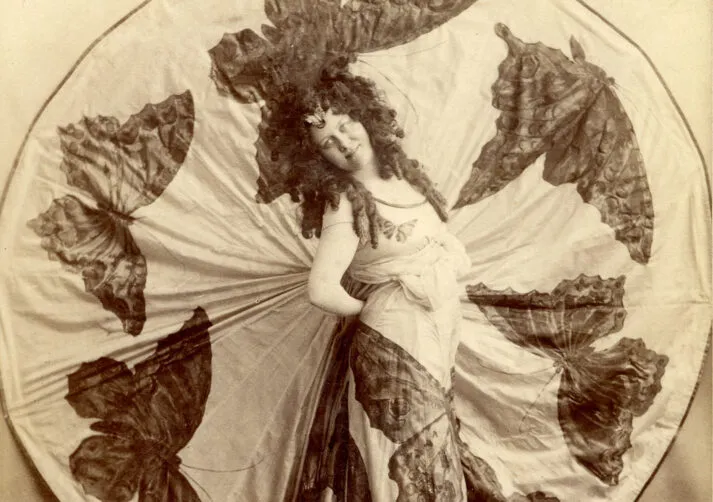Americans’ relationship with animals transformed during the Gilded Age (1870-1914). With a focus on Newport history, the exhibition explores how this exciting, tumultuous period shaped the role of animals in our modern world.
STAR!
In the late 19th century, Americans moved in large numbers from farms to cities, losing touch with a rural way of life and with the closeness to nature and animals that defined it. Nostalgia for a lost kinship with animals pervaded urban, industrial America. At the same time, many were encountering new, “exotic” species through a boom in foreign travel, marine exploration and imperial expansion. More everyday Americans enjoyed natural history pursuits like birdwatching. Pet keeping surged. And while captive animals thrilled spectators at zoos and circuses, which both had their heyday in the Gilded Age, activists launched the nation’s first animal rights movement.
Newporters played a vital, though often contradictory, part in these developments. They fought at the vanguard of the animal rights movement yet set the era’s fashion for furs and feathers as residents of its most stylish summer resort. Newporters pampered their pets but expanded industries like the railroads that ravaged wildlife habitats.
Wild Imagination brings together a menagerie of animal-themed artworks and other objects, from paintings, sculptures, photographs and fashions to fancy dog collars and sea creatures blown in glass. These pieces reflect profound and lasting changes in human-animal relations. They also reveal the individual stories of wondrous creatures that continue to capture our imagination.

